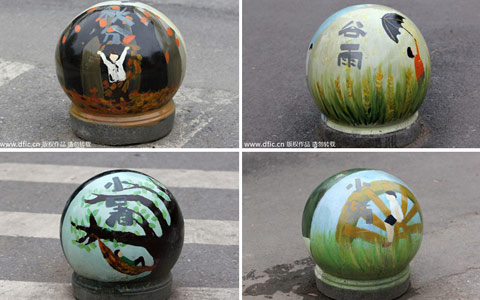Saying goodbye to a life of grime
Updated: 2014-05-09 07:50
By Zhao Xu (China Daily)
|
||||||||
|
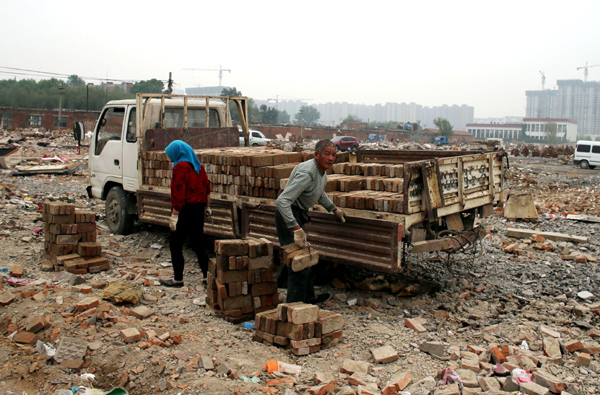 |
| Workers collect bricks in the demolished section of Dongxiaokou village. |
"They took whatever was saleable and dumped or burned the rest - for example, the insulating rubber coating of copper cables - in the vicinity," Wang said. "In the case of Dongxiao-kou, the strong winter winds that howl from the north to the south carry pollution in the form of airborne trash and dust far and wide into the city.
"The very presence of such a wasteland conflicts with the blueprint envisioned for Beijing by the incumbent government," said the 65-year-old, who was appointed as adviser to the Beijing Municipal Government because of his unrivaled knowledge of the Dongxiaokou area.
A new blueprint
Like many of the world's megacities, Beijing is strained under the immense pressure caused by its ever-growing population. Wrestling with many challenges - traffic jams and air pollution being two of the most serious - the central government has decided to reduce the city's multiple roles to make it China's political and cultural center. "That means activities peripheral to the fulfillment of those functions have to be stopped and relocated to areas outside of Beijing. The demolition of Dongxiaokou is being carried out in line with this policy," Wang said.
"I'm not saying that these people haven't made a contribution to the city. In fact they have. They've done a lot. But the growth of Beijing has reached a stage that necessitates the relocation of operations such as those carried out in Dongxiaokou for the past decade," he said.
However, according to former resident Xu Yuanhong, the move will achieve little, especially as the government has made no arrangements to help those who will have to move, and who, as tenants, have few legal property rights. "They have been told to go without knowing where they can go," said the 29-year-old, whose father, spearheaded the transformation of Dongxiaokou more than a decade ago.
"Back in 2001, with an investment of 2 million yuan ($321,000), my father rented 4 hectares of deserted land in Dongxiaokou which he divided up into little lots measuring 0.04 hectare. He then built simple brick houses - two on each lot," recalled the management graduate.
"What he had in mind was a permanent home-cum-workplace for those whose lives revolved around the city's waste. News spread by word of mouth and within three months, all 80 vacant properties were rented at around 3,000 yuan a month per lot."
New residents continued to arrive, however. People who, like Xu's father, saw and seized the opportunity to become a "big boss", and those who simply wanted to settle down, conduct business and "be among their own kind".
"The concentration of like-minded people created huge business opportunities for everyone. Dongxiaokou became something like a brand-name for buyers of recyclable waste," said Xu. "Aided by the country's economic boom, of which Dongxiaokou was both a mirror and a byproduct, people here started to make fortunes, big and small."
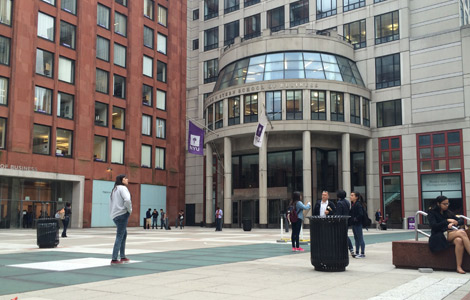
 Chinese enrollment for US MBAs is rising
Chinese enrollment for US MBAs is rising
 Confucius Institute marks 5th year at George Mason
Confucius Institute marks 5th year at George Mason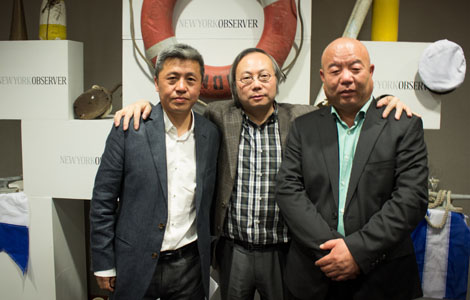
 Chinese artists attend NY philanthropists' event
Chinese artists attend NY philanthropists' event
 Chinese in 'orbit' over lollipops
Chinese in 'orbit' over lollipops
 Red panda gets a name, at last
Red panda gets a name, at last
 Forum trends: Made in China - cheap and inferior?
Forum trends: Made in China - cheap and inferior?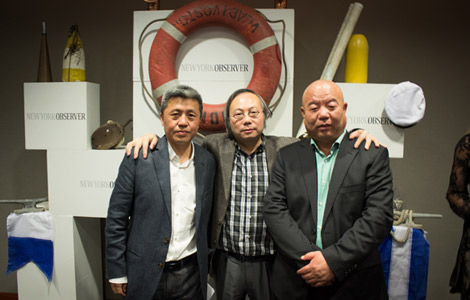
 Chinese artists are part of NY philanthropists' event
Chinese artists are part of NY philanthropists' event
 When a man loves an extremely tall woman
When a man loves an extremely tall woman
Most Viewed
Editor's Picks

|

|
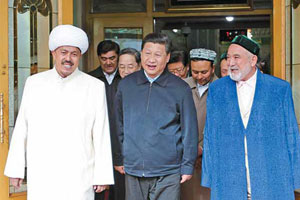
|
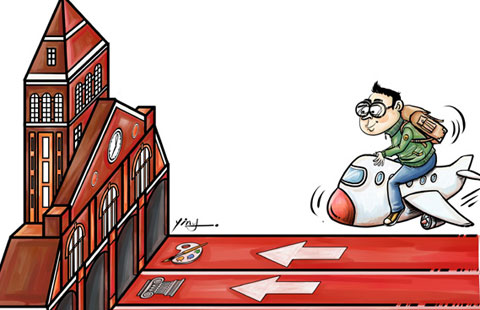
|

|

|
Today's Top News
Top US school's offer puts youth into spotlight
Facebook gains by aiding nation's exporters: VP
China's mobile gaming market to top US and be No 1
Cheetah Mobile IPO on NYSE raises $168m
Cipher this: Chinese novel explores cryptography's labyrinth
Confucius Institute marks its fifth year at George Mason Univ
Thailand's new PM seen capable of compromises
China urges Japan to maintain regional peace
US Weekly

|

|

